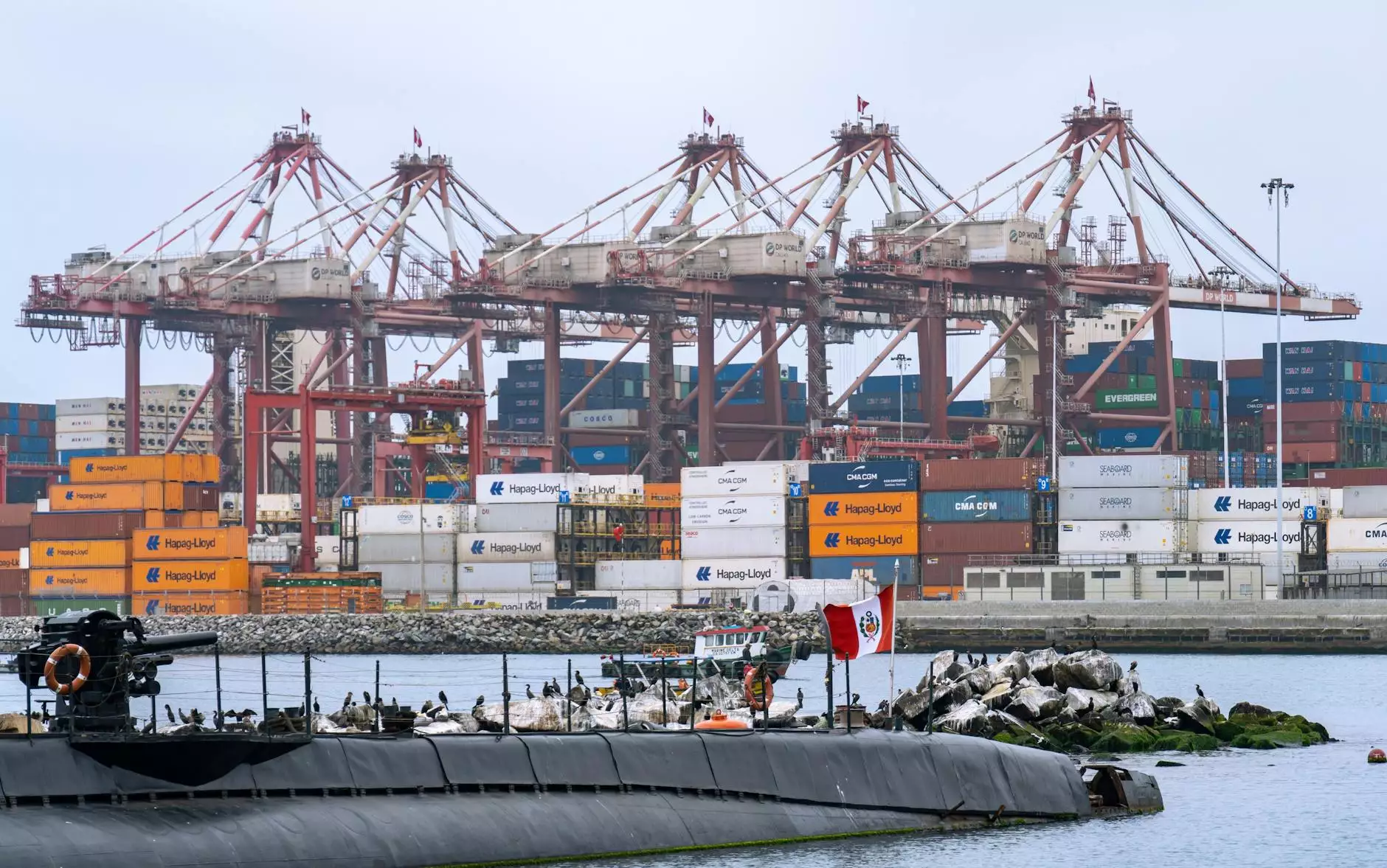Understanding Freight Charges Per Kg: Essential Insights for Businesses

In the world of logistics and transportation, freight charges per kg play a crucial role in determining the overall cost of shipping goods. For businesses involved in e-commerce, manufacturing, and global trade, understanding these charges can greatly affect profitability and customer satisfaction. This article will delve into the various aspects of freight charges, offering insights not only into their implications but also strategies for managing and optimizing these costs.
What Are Freight Charges?
Freight charges refer to the fees charged by a carrier for transporting goods over a specified distance. These charges can vary significantly depending on multiple factors including:
- The type of goods being shipped
- The weight and dimensions of the shipment
- The distance traveled
- The type of transportation (air, sea, land)
- The service level selected (standard, expedited, etc.)
Why Charge Per Kilogram?
Charging freight by weight, specifically per kilogram, is a prevalent pricing model in the shipping industry. This model is beneficial for both shippers and carriers as it allows for a straightforward calculation of costs. The main reasons for this pricing structure include:
- Equity in Pricing: Weight-based charges ensure that heavier shipments are proportionately charged more than lighter ones, reflecting the actual resources spent on transportation.
- Simplicity in Understanding Costs: For businesses, calculating shipping costs can be made easier when a predictable weight-based system is in place.
- Promoting Efficiency: Encouraging shippers to consider weight optimization, leading to more efficient packing practices.
Factors Influencing Freight Charges Per Kg
Several factors influence freight charges per kg, and understanding these can help businesses manage their shipping expenses more effectively. Here are some critical elements to consider:
1. Distance of Shipment
The distance from the shipping origin to the destination plays a significant role in determining costs. Generally, the further the distance, the higher the freight charge. This is due to increased fuel costs and time involved in transportation.
2. Size and Weight of the Shipment
As mentioned earlier, weight is a primary factor. However, size also matters; larger items may incur dimensional weight charges, meaning that even lighter items can be charged at a higher rate if they occupy more space in a cargo hold or on a truck.
3. Mode of Transportation
The choice of transport—whether by air, sea, or land—impacts freight charges significantly. Air freight tends to be more expensive due to speed, while sea freight usually offers lower rates proportional to weight for bulk shipments.
4. Type of Goods
Certain types of goods may incur additional handling or special treatment fees. For example, hazardous materials, perishables, or high-value items may raise the overall shipping costs due to specialized handling and shipment requirements.
5. Seasonal Demand
Freight charges are subject to fluctuations based on seasonal demand. During peak seasons, such as holidays, charges may increase due to high volume and limited transport availability.
How to Calculate Freight Charges Per Kg
Calculating freight charges per kg can be straightforward but requires attention to detail. Here’s a simple breakdown of the calculation process:
- Determine the Weight: Weigh your shipment in kilograms.
- Understand the Rate Structure: Obtain the freight rate from your carrier, which should specify the cost per kilogram.
- Calculate the Total Charge: Multiply the total weight of the shipment by the shipment rate.
For example, if you are shipping 50 kg at a rate of $2.00 per kg, the total freight charge would be:
Total Charge = Weight × Rate = 50 kg × $2.00/kg = $100
Strategies to Reduce Freight Charges
While freight charges can seem inevitable, there are numerous strategies businesses can implement to reduce shipping costs. Here are some practical tips:
1. Optimize Packaging
Reducing the size and weight of your packages can significantly lower shipping costs. Using lightweight materials and ensuring that items are tightly packed can prevent additional charges related to dimensional weight.
2. Negotiate Rates
Don't hesitate to negotiate shipping rates with carriers. Building long-term relationships can lead to more favorable pricing based on volume shipments.
3. Compare Rates
Use freight comparison tools or platforms to compare rates from multiple carriers. Sometimes, a small difference in rates can lead to substantial savings, especially for higher volumes.
4. Choose the Right Carrier
Choose a carrier that fits your shipment type and needs. Some companies specialize in particular types of goods, offering better rates and services compared to others.
5. Consider Freight Forwarders
Freight forwarders can manage the logistics of shipping and may have access to discounted rates that are not available to everyday shippers. They can also provide invaluable expertise to navigate complex shipping scenarios.
The Future of Freight Charges: Trends to Watch
The logistics industry is continually evolving, and several trends are shaping the future of freight charges per kg:
- Technology Adoption: With advancements in AI and machine learning, businesses can optimize shipping routes and reduce wasted space in transport, potentially lowering freight costs.
- Sustainability Practices: Companies are increasingly focusing on sustainability, and greener options may become more prevalent, impacting freight pricing structures.
- Dynamic Pricing Models: The shift towards more dynamic pricing based on real-time supply and demand metrics can create unpredictability in freight costs.
Conclusion
Understanding freight charges per kg is vital for any business engaged in shipping goods. By being informed about how these charges are calculated and the elements that influence them, businesses can make better decisions that optimize their logistics. Leverage the strategies discussed in this article to manage shipping costs effectively, and stay ahead of industry trends to ensure your business remains competitive in the ever-changing logistics landscape.
As businesses navigate the complexities of transportation through various Shipping Centers, Transportation, and Airports, maintaining a keen awareness of freight charges and their implications will be instrumental in achieving efficiency and success.









